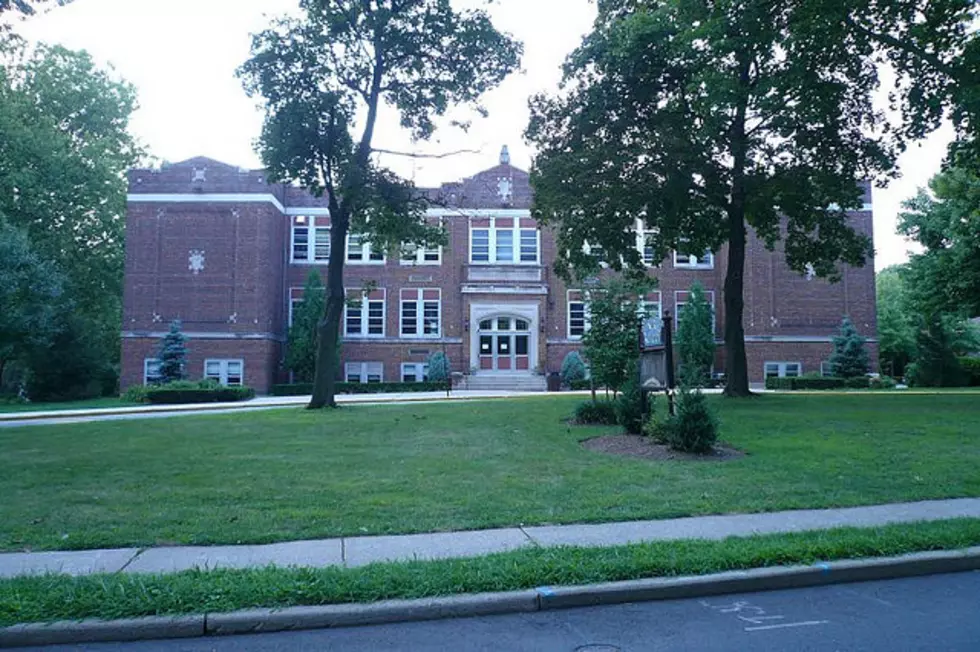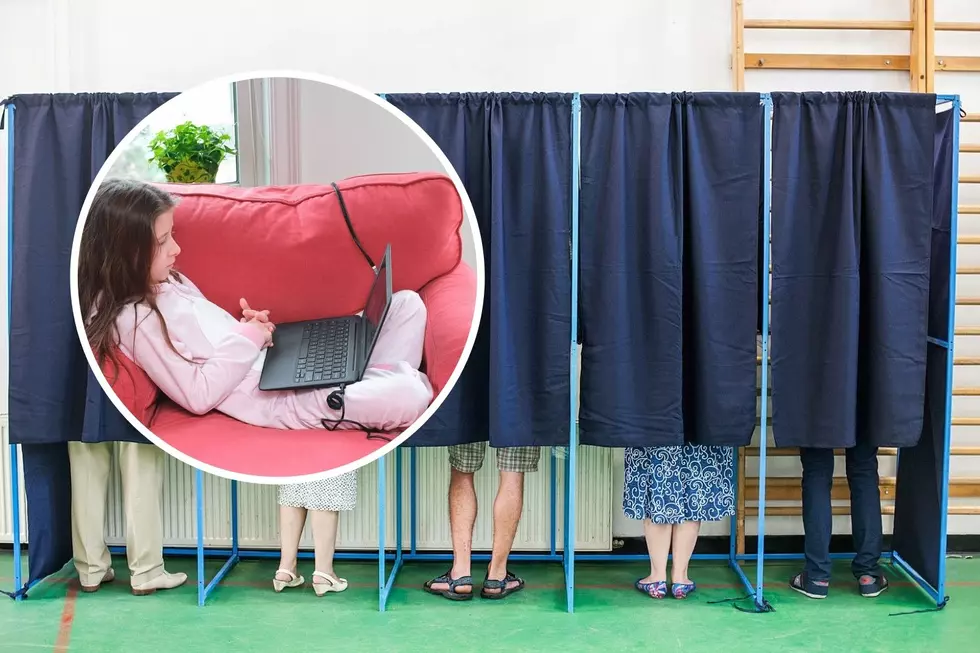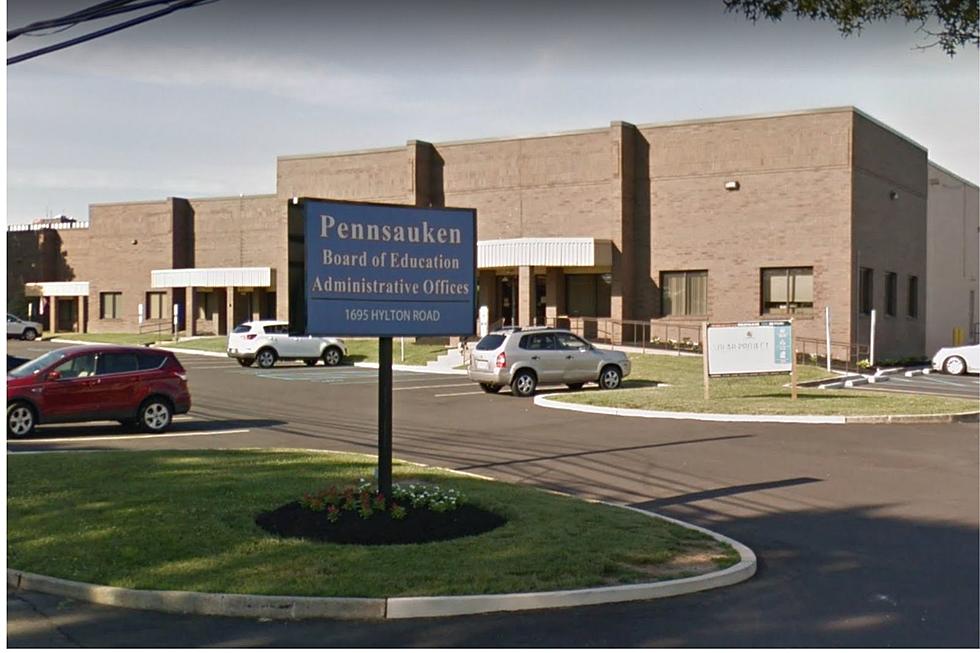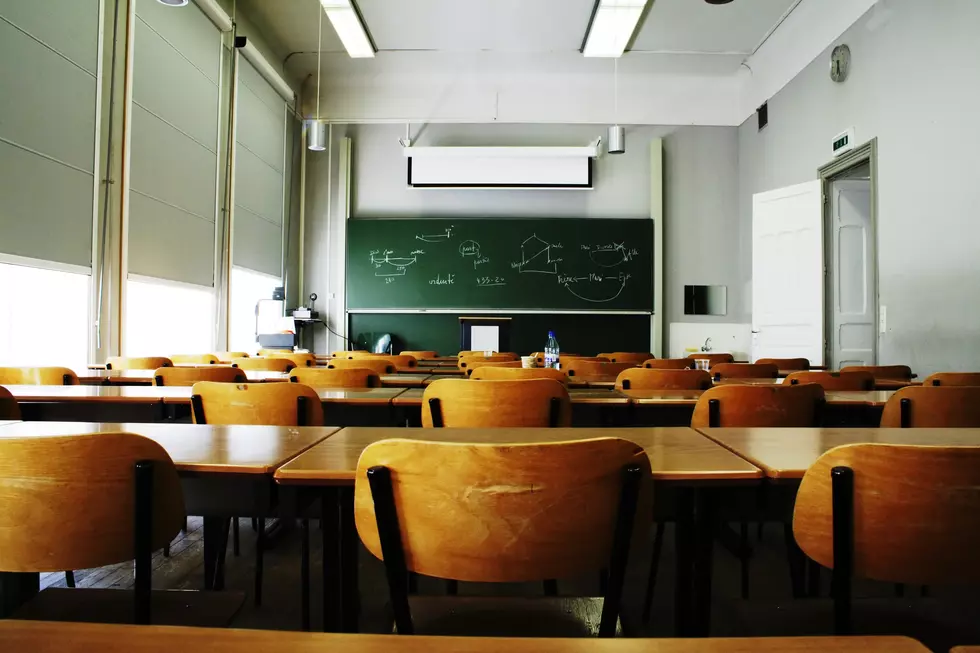
School Budgets Fare Well in NJ Elections
Voters in New Jersey communities that still hold direct elections on school board budgets on Tuesday approved the highest proportion of them since at least 1976.
The New Jersey School Boards Association said 36 of 39 communities passed budget proposals. The 92 percent passage rate is the highest since the group began collecting data on the elections in 1976, nudging out last year's 90 percent for the top spot.
Also on Tuesday, four additional local ballot questions requesting spending above the state's 2 percent cap on property tax growth were also accepted. Voters also approved all four school-construction bond issues.
Historically, New Jersey's quirky school elections could be read a bit as a barometer of voters' moods on taxes, the economy and the state of education. The elections give voters a direct say on school taxes, which are the biggest component of the state's highest-in-the-nation average property tax bills. Rejected budgets are sent to local town governments for pruning.
Three years ago, voters rejected nearly 60 percent of them as Gov. Chris Christie, then in his first year in office, urged "no votes." That was the lowest passage rate since at least 1976.
Big changes, already proposed, came soon after that.
One was a law capping property tax growth. With a few exceptions, local governments would need voter permission for any hikes above 2 percent. The same goes for school boards: For budget plans that call for tax increases above 2 percent, districts had to ask a second ballot question. Other legal changes have made it easier to comply, including caps on superintendents' salaries and requirements that public employees contribute more toward their health insurance costs.
Another change came last year, when the Legislature gave school districts the option of moving their elections to November. Those that do so do not have to present their operating budgets to voters, so long as the tax hikes stay within the cap.
In 2011, there were votes on budgets in 538 school districts. The only ones that were exempt were either under state control or had boards that are appointed rather than elected.
Last year, 70 districts had April school elections -- school board members were also elected. This year, even more districts are switching to November elections.
On Tuesday, the only communities to reject budgets were Belleville, North Bergen and Edison.
Proposals to exceed the cap for specific purposes were approved in Wood-Ridge, Secaucus, the Chathams and Greenwich Township in Warren Country. Construction projects were approved in East Rutherford, Midland Park, Pequannock and Gloucester County's Franklin Township.
(Copyright 2013 by The Associated Press. All Rights Reserved.)
More From New Jersey 101.5 FM









